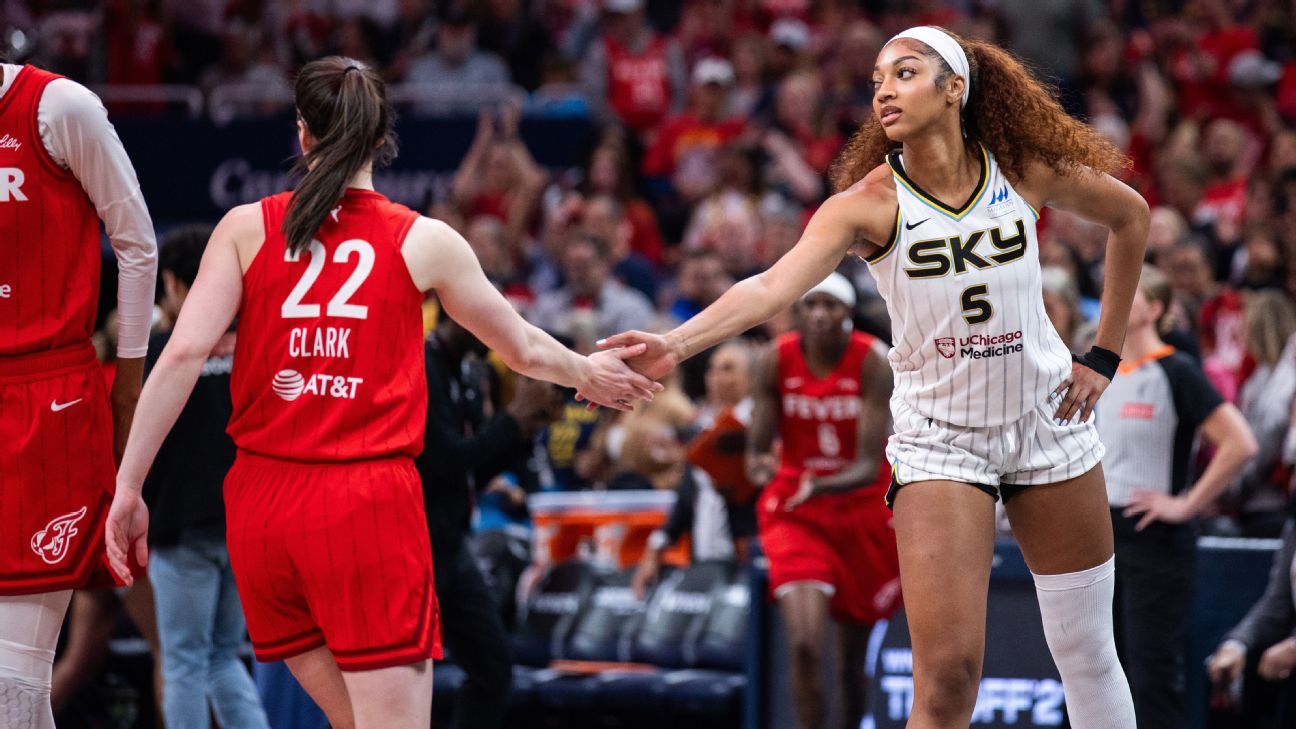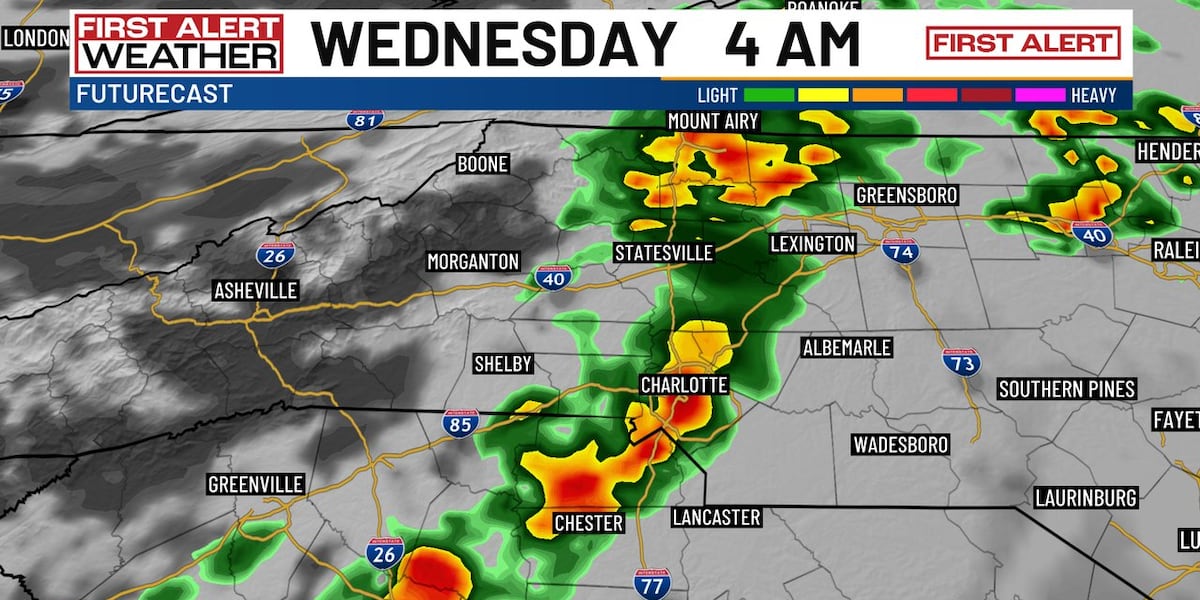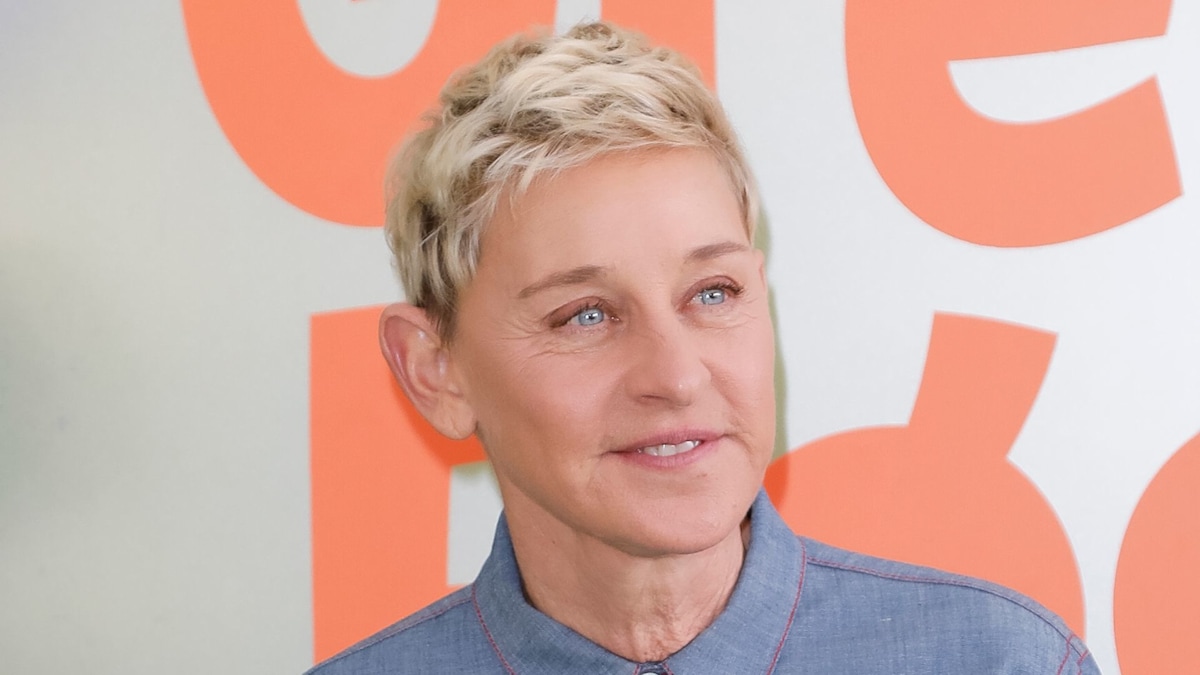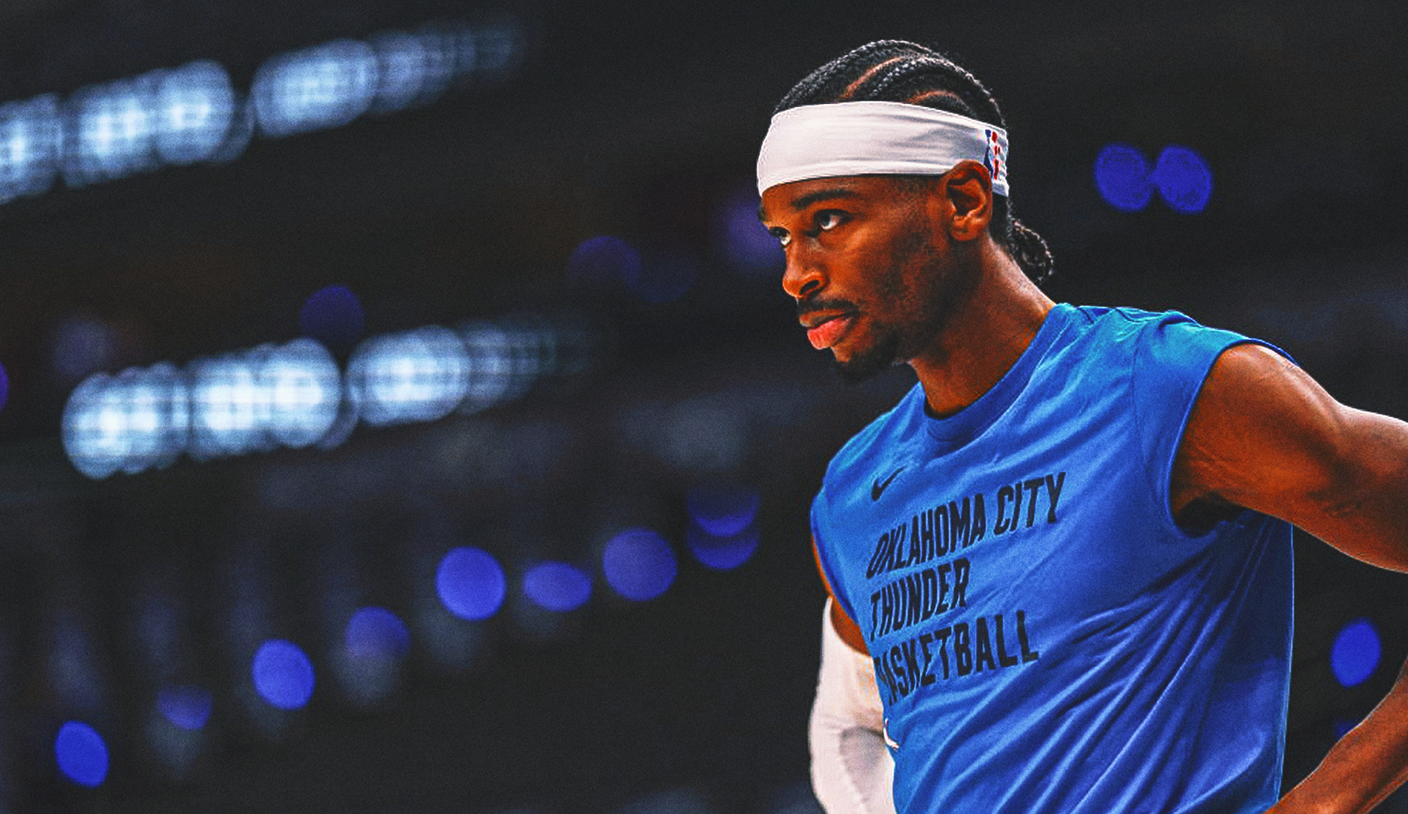Angel Reese And The NCAA Tournament: Examining The Controversy Surrounding Post-Game Comments

Welcome to your ultimate source for breaking news, trending updates, and in-depth stories from around the world. Whether it's politics, technology, entertainment, sports, or lifestyle, we bring you real-time updates that keep you informed and ahead of the curve.
Our team works tirelessly to ensure you never miss a moment. From the latest developments in global events to the most talked-about topics on social media, our news platform is designed to deliver accurate and timely information, all in one place.
Stay in the know and join thousands of readers who trust us for reliable, up-to-date content. Explore our expertly curated articles and dive deeper into the stories that matter to you. Visit Best Website now and be part of the conversation. Don't miss out on the headlines that shape our world!
Table of Contents
Angel Reese and the NCAA Tournament: Examining the Controversy Surrounding Post-Game Comments
The 2023 NCAA Women's Basketball Tournament final witnessed a thrilling victory for LSU, culminating in a dominant performance by star player Angel Reese. However, the game's aftermath sparked a significant controversy surrounding Reese's post-game comments and celebrations, igniting a national debate about sportsmanship, rivalry, and the representation of Black female athletes. This article delves into the details of the controversy, examining the various perspectives and the broader implications of the event.
The "You Can't See Me" Gesture and Subsequent Backlash
Angel Reese, known for her aggressive and confident style of play, employed a "You Can't See Me" gesture – popularized by wrestler John Cena – directed at Caitlin Clark, the star player of the opposing Iowa team. This action, coupled with other celebratory comments, immediately drew criticism from various corners. Many viewed the gesture as disrespectful and unsportsmanlike, arguing it overshadowed LSU's impressive victory. The ensuing debate quickly escalated on social media, dividing public opinion.
Defending Reese: Celebration, Confidence, and Representation
Conversely, a large segment of the public defended Reese's actions, framing them as a legitimate expression of joy and confidence. Supporters highlighted the historical context, arguing that Reese's celebration represented a powerful reclamation of space for Black female athletes often subjected to unfair criticism and marginalized in media coverage. They argued that the same level of celebration wouldn't have drawn such intense criticism from a male athlete. This perspective emphasizes the double standards often faced by women, particularly Black women, in sports.
The Broader Conversation: Sportsmanship vs. Self-Expression
The controversy transcends a simple discussion about sportsmanship. It raises vital questions regarding the acceptable limits of celebration in competitive sports, particularly in the context of intense rivalries. Where is the line drawn between passionate expression and disrespectful behavior? The debate also highlights the complexities of navigating racial dynamics in sports media, with critics questioning whether similar celebrations by white athletes would garner the same level of condemnation.
Analyzing the Media's Role and the Impact on Future Athletes
The media's portrayal of the event further complicated the narrative. The intense focus on Reese's celebration, some argue, overshadowed LSU's remarkable achievement and minimized the contributions of her teammates. This underscores the crucial role media plays in shaping public perception and the potential for bias in sports coverage. Furthermore, the controversy has significant implications for young athletes, raising questions about how to balance competitive spirit with respectful conduct.
Moving Forward: Lessons Learned and Future Implications
The Angel Reese controversy serves as a crucial case study in navigating the complexities of sports, media, and social dynamics. It compels us to reflect on the double standards faced by female athletes, the importance of nuanced media coverage, and the need for open dialogue on issues of race and representation in sports. While the controversy remains divisive, it undeniably fosters vital conversations about how we perceive and engage with female athletes and their celebrations. The event emphasizes the need for a more nuanced understanding of the multifaceted aspects of athletic achievement and self-expression.
Keywords: Angel Reese, NCAA Tournament, Women's Basketball, Caitlin Clark, LSU, Iowa, Post-Game Controversy, Sportsmanship, Celebration, Representation, Black Athletes, Social Media, Media Coverage, Sports Debate.

Thank you for visiting our website, your trusted source for the latest updates and in-depth coverage on Angel Reese And The NCAA Tournament: Examining The Controversy Surrounding Post-Game Comments. We're committed to keeping you informed with timely and accurate information to meet your curiosity and needs.
If you have any questions, suggestions, or feedback, we'd love to hear from you. Your insights are valuable to us and help us improve to serve you better. Feel free to reach out through our contact page.
Don't forget to bookmark our website and check back regularly for the latest headlines and trending topics. See you next time, and thank you for being part of our growing community!
Featured Posts
-
 Severe Weather Possible Overnight Storms To Hit Charlotte Followed By Cooldown
May 21, 2025
Severe Weather Possible Overnight Storms To Hit Charlotte Followed By Cooldown
May 21, 2025 -
 Fans React To Ellen De Generes Return To Social Media
May 21, 2025
Fans React To Ellen De Generes Return To Social Media
May 21, 2025 -
 Thunder And Knicks Early Favorites For The 2025 Nba Championship
May 21, 2025
Thunder And Knicks Early Favorites For The 2025 Nba Championship
May 21, 2025 -
 49ers Lock Up Fred Warner Details Of His 63 Million Extension
May 21, 2025
49ers Lock Up Fred Warner Details Of His 63 Million Extension
May 21, 2025 -
 Exclusive Messi Backs Inter Miami Promises They Ll Overcome Challenges
May 21, 2025
Exclusive Messi Backs Inter Miami Promises They Ll Overcome Challenges
May 21, 2025
